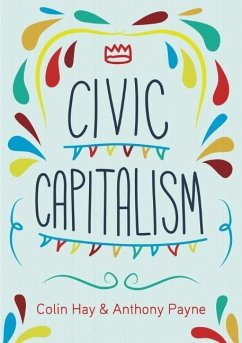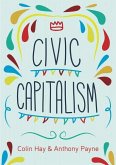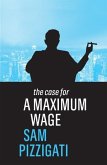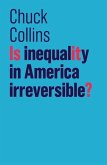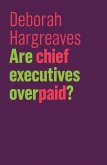As we struggle with the legacy of the crisis and with the prospect of accelerating environmental degradation, it is time to ask not what we can do for capitalism but what capitalism can do for us, as citizens of a democratic society. In Civic Capitalism , Colin Hay and Anthony Payne build on their influential analysis of the crisis of the Anglo-liberal growth model to set out a coherent account of the steps required to build an alternative that is more sustainable socially, economically and environmentally.
They argue that it is time to move on from the Anglo-liberal model of capitalism whose failings were so cruelly exposed by the crisis. They outline a new model that will work better in advanced capitalist societies, showing how this might be acheived in Britain today. They call this civic capitalism the governance of the market, by the state, in the name of the people, to deliver collective public goods, equity and social justice. This reverses the long ascendant logic of Anglo-liberalism in which citizens have been made to answer to the perceived logics of the capitalism they have been made to serve.
The crisis shows us that we can no longer be driven by the perceived imperatives of the old model and by those who have claimed for far too long and, as it turns out, falsely to be able to discern for us the imperatives of the market. It is now time to ask what capitalism can do for us and not what we can do for capitalism.
Hinweis: Dieser Artikel kann nur an eine deutsche Lieferadresse ausgeliefert werden.
They argue that it is time to move on from the Anglo-liberal model of capitalism whose failings were so cruelly exposed by the crisis. They outline a new model that will work better in advanced capitalist societies, showing how this might be acheived in Britain today. They call this civic capitalism the governance of the market, by the state, in the name of the people, to deliver collective public goods, equity and social justice. This reverses the long ascendant logic of Anglo-liberalism in which citizens have been made to answer to the perceived logics of the capitalism they have been made to serve.
The crisis shows us that we can no longer be driven by the perceived imperatives of the old model and by those who have claimed for far too long and, as it turns out, falsely to be able to discern for us the imperatives of the market. It is now time to ask what capitalism can do for us and not what we can do for capitalism.
Hinweis: Dieser Artikel kann nur an eine deutsche Lieferadresse ausgeliefert werden.
"For years we have been told ?There Is No Alternative? to the debt-soaked, inequality generating model of neoliberal capitalism that we have had for the past 30 years. Well, now there is. Hay and Payne call it 'Civic Capitalism.' I would call it our last chance for a future we would want to leave to our kids."
Mark Blyth, Brown University
"Anglo-liberal capitalism has failed spectacularly. It can?t be fixed or spun. ?Civic capitalism? may save us, say the authors of this vital, spritely book. And they are right. The powerful should be tied to chairs, made to read the book and shift their stubborn mind sets. If they don?t take note, the world is doomed."
Yasmin Alibhai-Brown
Mark Blyth, Brown University
"Anglo-liberal capitalism has failed spectacularly. It can?t be fixed or spun. ?Civic capitalism? may save us, say the authors of this vital, spritely book. And they are right. The powerful should be tied to chairs, made to read the book and shift their stubborn mind sets. If they don?t take note, the world is doomed."
Yasmin Alibhai-Brown

